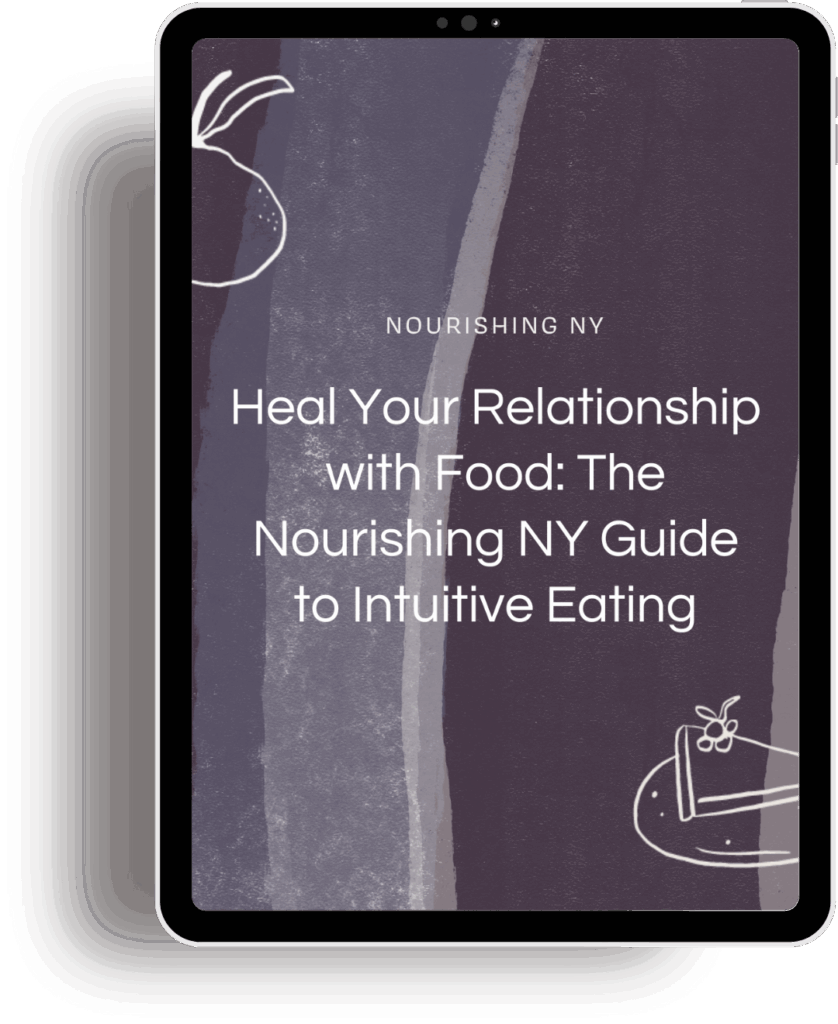The Red Flags of Bulimia Nervosa
There are so many warning signs that your loved one may be struggling with bulimia. Remember, the number on the scale is not always one of them.
-
If you notice a very large food bill for a few months, or that large amounts of food suddenly disappear, or find hidden wrappers, jars, or bags of food in strange places in the house… These are warning signs.
-
If you notice running to the bathroom after every meal, leaving the shower on while you hear strange noises coming from the bathroom, or sudden problems with the house plumbing… This is a warning sign.
-
If you notice excessive exercise routines, heavy emotions when exercise is not possible, followed by restrictive food intake… This is a warning sign.
Bulimia nervosa is not a disease that you can always physically see.
The three most common symptoms of bulimia nervosa are restricting, bingeing, and vomiting and/or compensation for the food that was consumed.
The behavior that distincts bulimia nervosa from other eating disorders is the act of purging, which serves the purpose of getting rid of calories consumed.
One thing I want you to do is put all generalizations aside!
Purging is NOT limited to only self-induced vomiting. There are many forms of purging, and all are physiologically harmful to the body.
Forms of purging include:
-
Misuse of enemas
-
Misuse of diuretics
-
Over exercising
-
Misuse of laxatives
-
Fasting
-
Cleansing
-
Detoxification
-
Misuse of ipecac syrup (now illegal in the US)
The difference between bulimia nervosa and anorexia nervosa is that anorexia nervosa involves restricting, while bulimia nervosa checks off all three boxes: restricting, bineging, and vomiting and/or compensating. The number on the scale is only one factor of the disease, which more often than not, appears to be within the normal weight range.
The physical impacts that bulimia nervosa have on the body are very dangerous.
-
Dehydration
-
Constipation
-
Electrolyte imbalance
-
Sore throat
-
Decaying tooth enamel
-
Swollen salivary glands
-
Heartburn
-
Amenorrhea
Key Takeaways | The hardships of living with bulimia nervosa.
People who have been diagnosed often feel that their relationship w/ food is complicated.
If you’ve been diagnosed with bulimia…
It’s common to have a love/hate relationship with food.
It’s common to be confused about what foods are “good” and what foods are “bad”.
It’s common to feel shame and regret after a binge.
It’s common to feel weak after a binge.
It’s common to eat in secret.
It’s common for food to consume 80% of your thoughts.
It’s common to not trust yourself, or the food.
If you, or a loved one, is struggling with bulimia nervosa, you are sick enough and you deserve help.
You deserve to have the ability to neutralize and legalize all foods.
Sources:
Bulimia nervosa. Johns Hopkins Medicine. (n.d.). Retrieved October 20, 2021, fromhttps://www.hopkinsmedicine.org/health/conditions-and-diseases/eating-disorders/bulimia-nervosa.


